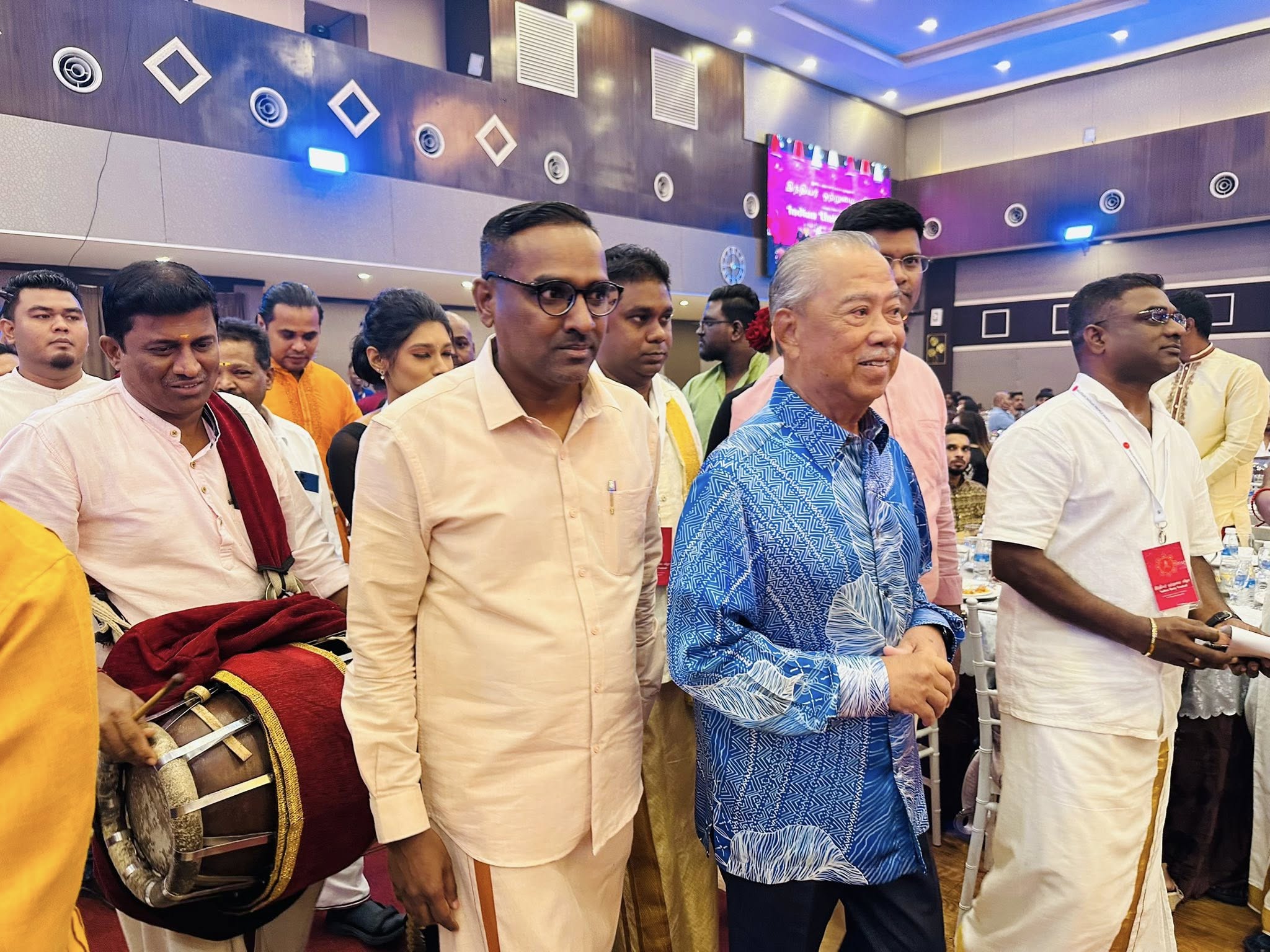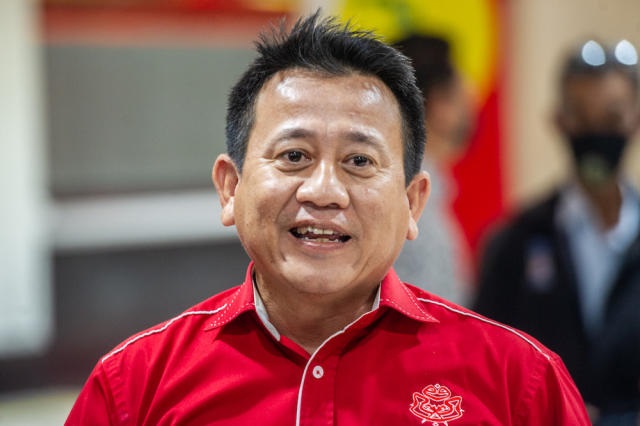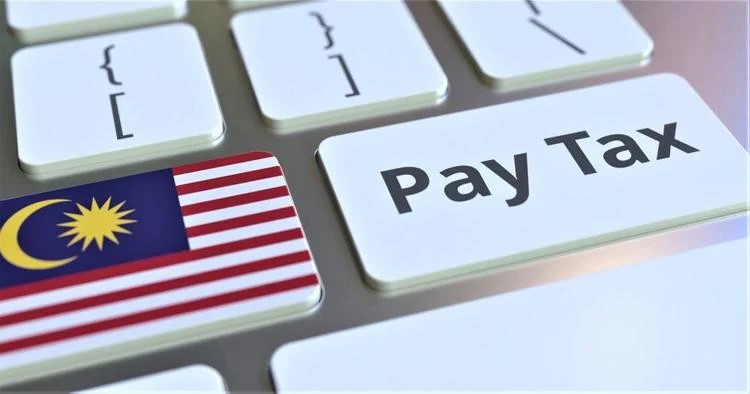I WELCOME the recent statement by Perikatan Nasional (PN) Tan Sri Muhyiddin Yassin for having distanced himself from his earlier stance of being “Malay first, Malaysian second.”
Speaking at the Indian Unity Festival at the Midlands Convention Centre in Shah Alam, he acknowledged that such a position is now a thing of the past.
Muhyiddin explained that PN is a coalition that must represent all races in Malaysia. Thus, a national posture that reflects the country’s multiracial and multireligious composition is crucial.
His remarks signal a significant and necessary shift in political narrative, one that could help re-shape PN’s image as an inclusive alternative to the current ruling coalition.
In the past, Muhyiddin came under criticism from DAP veteran Tan Sri Lim Kit Siang who argued that his “Malay first” stance contradicted the 1Malaysia concept once promoted by the government.
His latest pivot, therefore, is not only timely but vital, especially if PN and its component party Bersatu (in which Muhyiddin is the president) wish to broaden their appeal beyond the Malay electorate.
Recent discussions within Bersatu point to an increasing awareness that the party must adopt a more inclusive approach.
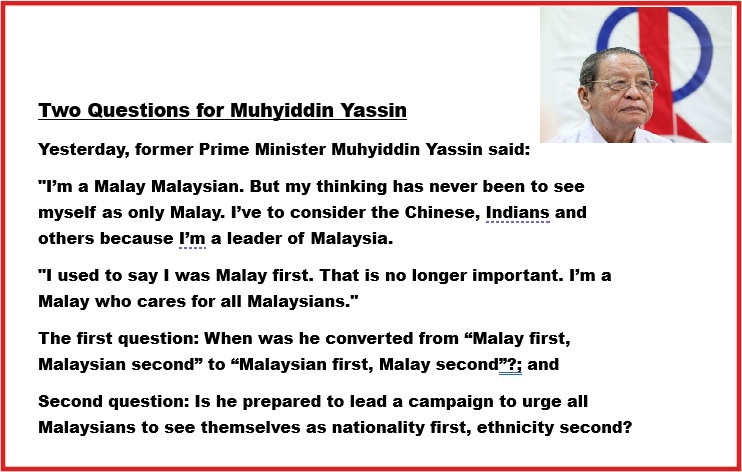
PN needs multi-racial clout
Currently, non-Malay component parties within PN – such as Gerakan and MIPP (Malaysian Indian People’s Party)– lack sufficient influence among Chinese and Indian voters.
Without a strong multi-racial posture from PN’s top leadership, the coalition will continue to struggle to attract non-Malay support even amid growing disillusionment with the Pakatan Harapan (PH)-led coalition.
The reality is this: PN cannot hope to attain federal power without the backing of all major ethnic groups.
A purely ethnic or racial strategy is no longer viable. While PH’s multi-ethnic credentials are increasingly questioned – with DAP leaning more towards the Chinese community and PKR towards the Malays – the Indian community remains politically stranded, caught in the middle without a strong alternative.
The Indian Unity Festival organised by MIPP – a breakaway faction from MIC – was a reflection of the political vacuum facing the Indian community.
While MIPP leaders may be well-meaning and sincere, the party still grapples with perceptions that it is merely MIC 2.0 – subordinate to Malay-dominated leadership, this time under Bersatu and PAS.
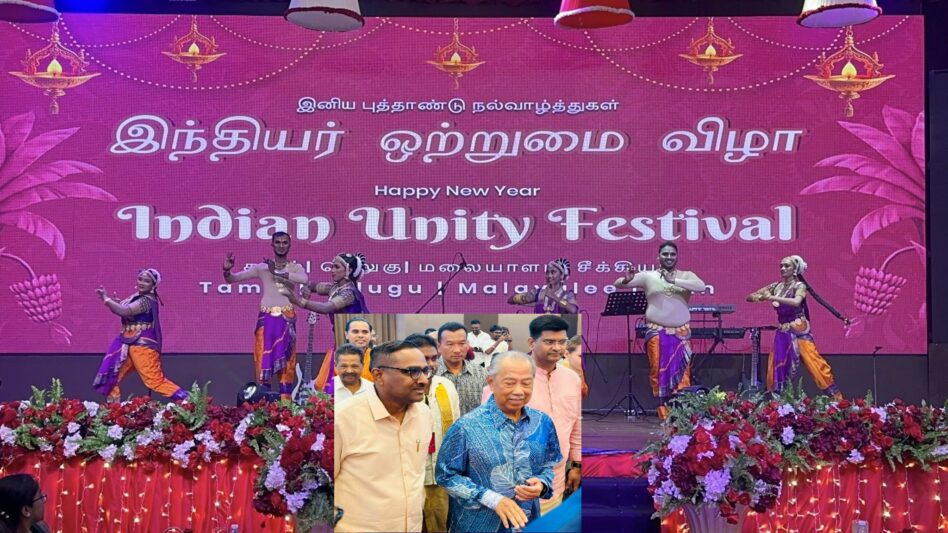
For MIPP to succeed, it must break away from the historical pattern of subordination. Indians in Malaysia are not looking for another token representative within a Malay-led coalition. They want a party that can assert their rights and dignity without compromise.
Gerakan’s presence in PN is commendable but its ability to influence the Chinese community remains minimal, largely due to its years of political subservience under UMNO within the Barisan Nasional (BN) coalition.
Unless this hegemonic model is rejected and replaced with genuine partnership, PN risks repeating the very political dynamics it claims to oppose.
I welcome Muhyiddin’s inclusive overtures and urge him and PN to avoid the pitfalls of past Malay-non-Malay political collaborations. The mistakes of the BN era – where non-Malay parties were politically emasculated – must not be repeated.
Malaysia urgently needs a viable, progressive and inclusive opposition. The authoritarian tendencies of the PH-led coalition can only be challenged by a truly representative alternative.
PN has a chance to rise to this occasion – but only if it embraces genuine multiracialism, not just in rhetoric but in structure and spirit. – May 5, 2025
Former DAP stalwart and Penang chief minister II Prof Ramasamy Palanisamy is chairman of the United Rights of Malaysian Party (Urimai) interim council.
The views expressed are solely of the author and do not necessarily reflect those of Focus Malaysia.
Images credit: MKU Malaysia Kalai Ulagam


